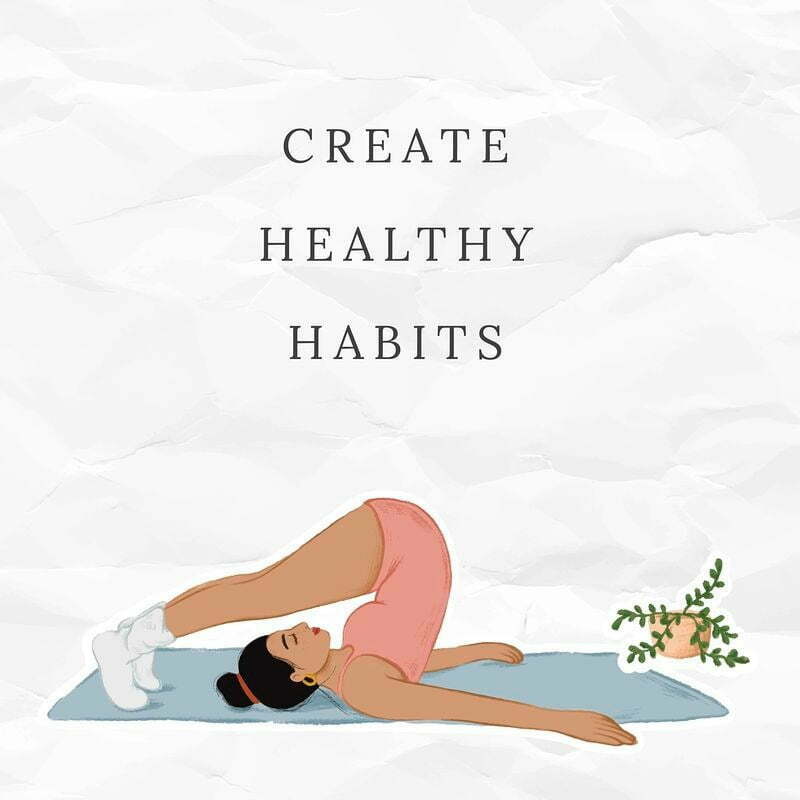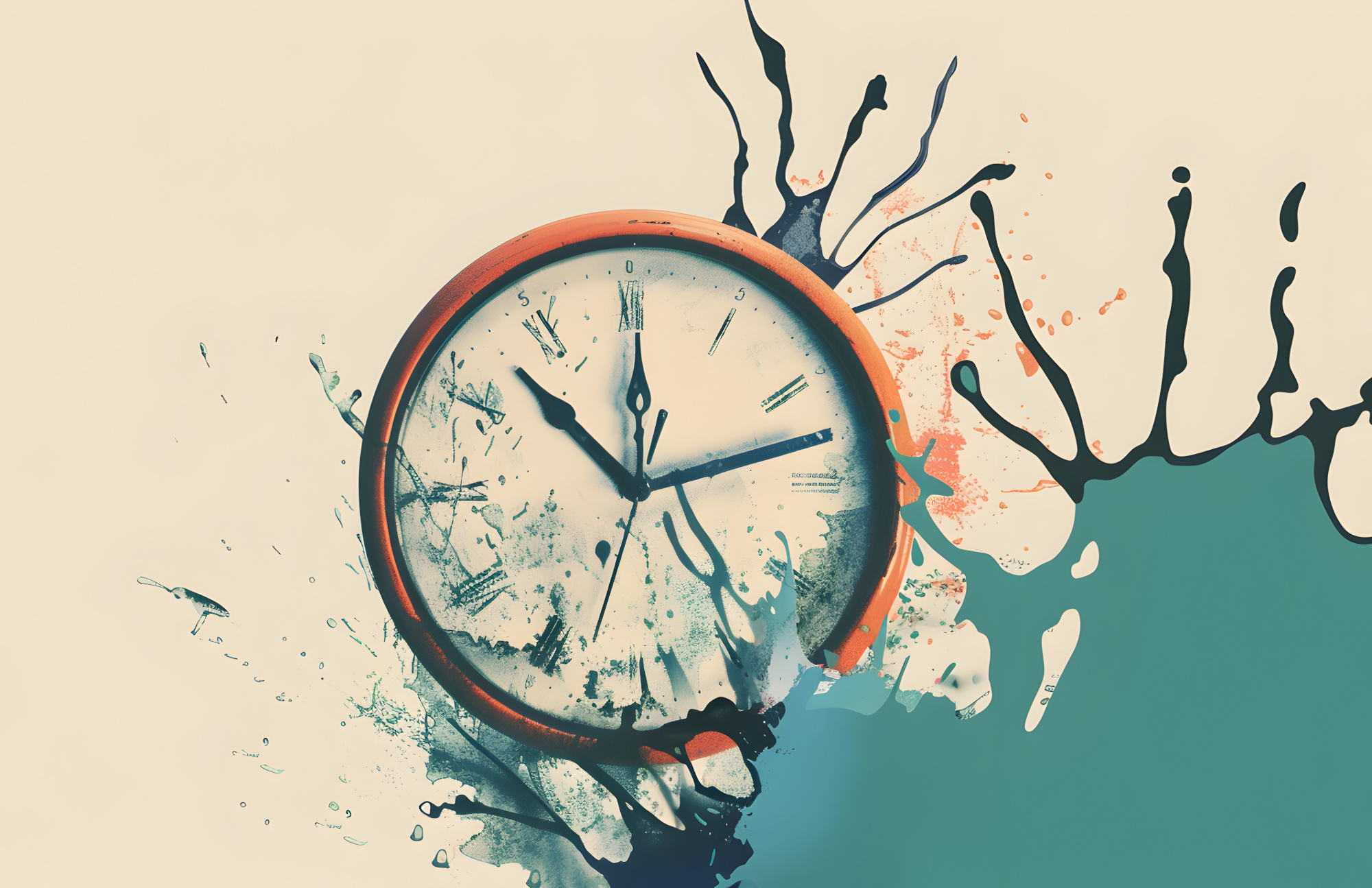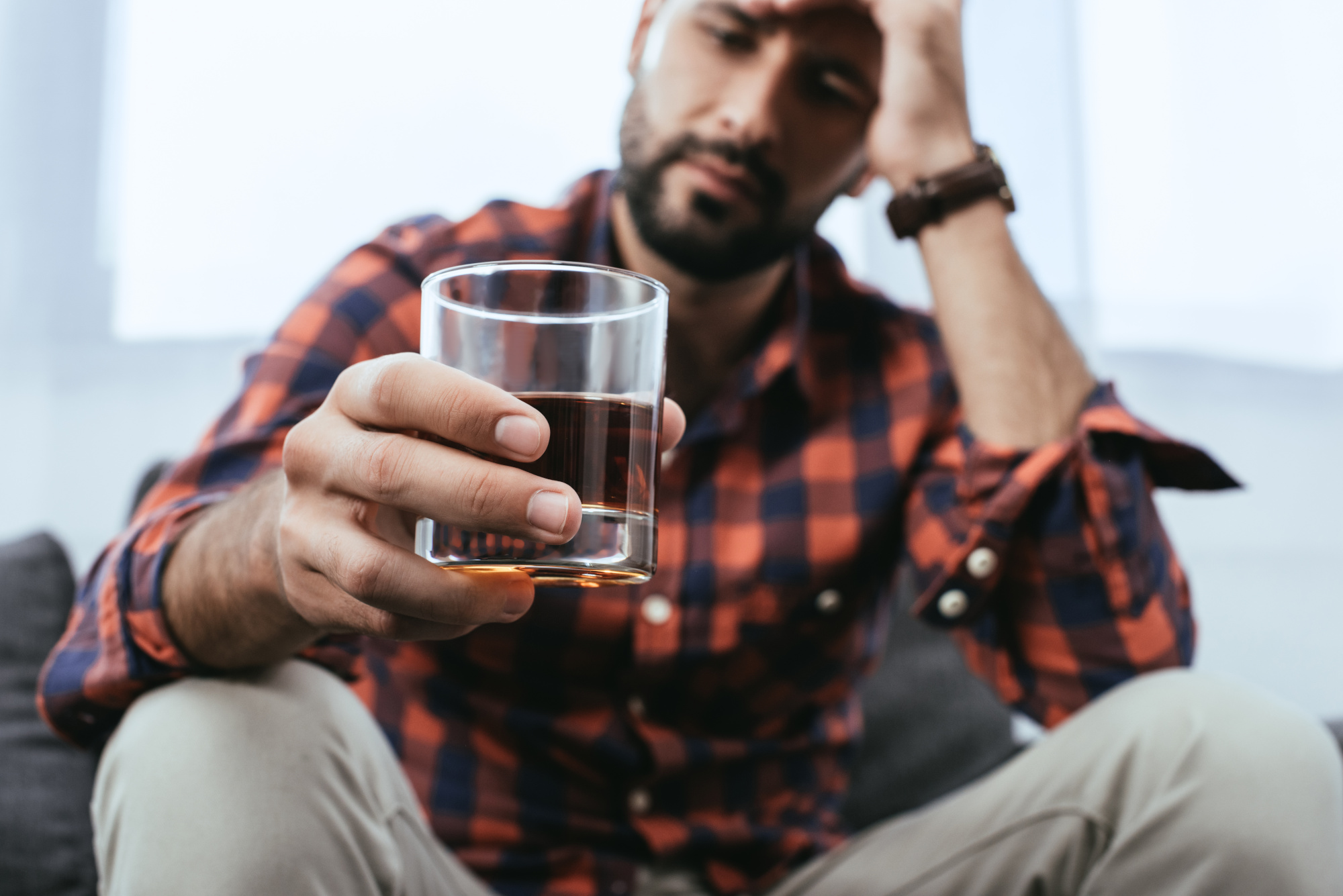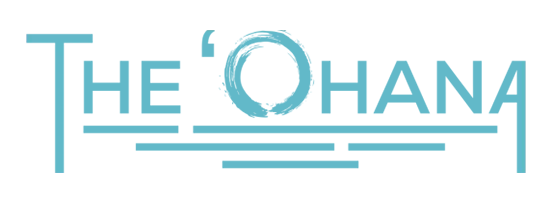There are many bad habits that we develop due to addiction or mental illness. A major part of treatment is learning to replace those bad habits with healthy coping skills.
There are best practices that can be utilized for practicing these habits with your newfound recovery. However, new and healthy habits can also turn into addictions. For example, a healthy habit you can incorporate into your recovery routine is exercise. Fitness and focusing on the improvement of your body improves physical health while allowing you to channel your struggles with triggers and cravings. Unfortunately, even exercise can become an addiction. Despite these benefits, it’s easy for people in recovery to develop an unhealthy obsession with exercise that results in harm or even malnutrition.
Even though we must be cautious about not becoming too obsessive with healthy coping techniques, they are essential for maintaining your recovery. Everything should be done in moderation. One of the beauties of the recovery programs at The Ohana Addiction Treatment Center is the support you’ll receive long after leaving the facility. You may leave The Ohana but you’ll always be part of our Ohana. During your recovery process, The Ohana professionals and relationships made with peers during your time at the facility are just a phone call away. They can offer advice, tips, or further support needed when continuing to replace bad habits throughout your recovery.
Bad Habits Learned During Addiction Recovery
People suffering from addiction may not even be conscious of their struggles. There are several bad habits often developed due to the inability to healthily cope. Most commonly, people may use sex, shopping, gambling, or even work as a way to handle addiction. What all of these things have in common is that they offer a sense of instant gratification desirable to those looking for an outlet for their addiction. Without the proper treatment or guidance, these habits are inclined to exponentially worsen your initial struggle with addiction, not help.
As mentioned, habits developed during your recovery can become obsessive if not moderated. In addition to becoming obsessed with exercise, some may begin smoking cigarettes or experience worsened anxiety disorder symptoms. Whether you’re currently in early recovery or have been in recovery for a while, it’s important to recognize the signs of a bad habit in recovery. The habits may develop as a response to stress, but if the habit is just replacing the addiction, then it defeats the purpose of recovery. Otherwise, you may put yourself at risk of relapse.
Habits to Develop for Your Addiction Recovery
Learning to develop new habits for your newfound life of recovery is a trial and error process. What works for one may not work for you. In general, habits that will be more effective are holistic and help you to practice mindfulness. Holistic therapy is one of our main methods of treatment at The Ohana. It’s entirely based on a foundation of mindfulness, especially, the implementation of mindfulness practiced in everyday life. Mindfulness and holistic practice include music, yoga, mediation, or implementing “the four agreements,” helping you to deal with difficult situations and handle the stress they bring.
For anyone who has gone through an addiction treatment program with The Ohana, consider reaching out for extra support if you’re struggling with the continued practice of mindfulness. For individuals who have not yet experienced the implementation of holistic practices into their addiction recovery, consider researching how mindfulness can help. Many decide to go to therapy or attend support groups as part of their recovery regimen. This can be a great time to seek advice and input on how others have developed healthy habits for handling addiction and best practices for you to implement into your recovery.
How The Ohana Can Help
We can not reiterate the importance of supporting our clients in their recovery long after leaving the facility. While each treatment center has its main focus of expertise or practices, The Ohana is keen on prioritizing our ability to create a family within the members of our community. Unfortunately, addiction is a chronic and complex mental disorder that has no cure. The thought of living with something for the rest of your life is beyond discouraging, but knowing you have a support system of people going through the same thing can help take a little bit of the weight off your shoulders.
For anyone who has left an addiction treatment center and struggled to find their footing in recovery, reach out to The Ohana today. Our family of trained professionals can help you to develop healthier habits that will make your recovery more successful. Leaving treatment doesn’t mean that you’ll never need help again, and you should never feel shame about asking for more help. Leaving treatment is just the beginning of your beautiful recovery adventure, and The Ohana would love to be a part of the adventure with you today.







